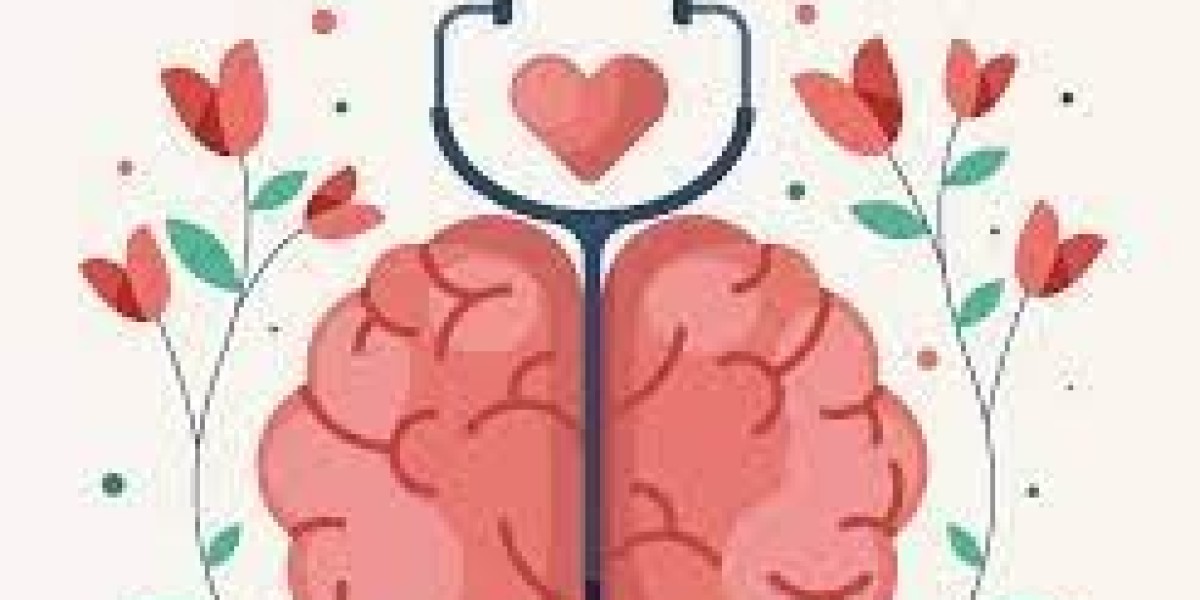Introduction
In today's fast-paced and stressful world, taking care of our mental and physical health has become more important than ever. Many studies have shown that there is a strong connection between our mental well-being and our physical health. In this article, we will explore this connection and understand why it is crucial to prioritize both aspects of our health.
The Impact of Mental Health on Physical Health
Our mental health has a significant impact on our physical well-being. When we experience stress, anxiety, or depression, our bodies produce stress hormones like cortisol, which can have harmful effects on our immune system and overall health. Chronic stress can lead to a weakened immune system, increased inflammation, and a higher risk of developing various health conditions such as heart disease, diabetes, and obesity.
The Role of Physical Health in Mental Well-being
On the other hand, taking care of our physical health can have a positive impact on our mental well-being. Regular exercise releases endorphins, also known as "feel-good" hormones, which can boost our mood and reduce symptoms of anxiety and depression. Physical activity also improves cognitive function, memory, and concentration, enhancing our overall mental performance.
The Mind-Body Connection
The mind-body connection is a concept that emphasizes the interdependence of our mental and physical health. It suggests that our thoughts, emotions, and beliefs can influence our physical health and vice versa. For example, a positive mindset and healthy coping mechanisms can help us better manage stress and improve our physical resilience.
Strategies for Improving Mental and Physical Health
To maintain a healthy balance between mental and physical health, it's essential to incorporate certain strategies into our daily lives. Here are some tips:
Practice regular exercise: Engage in activities that you enjoy, such as walking, yoga, or dancing. Aim for at least 30 minutes of moderate-intensity exercise most days of the week.
Prioritize self-care: Make time for activities that help you relax and rejuvenate, such as meditation, deep breathing exercises, or taking a hot bath.
Maintain a balanced diet: Eat a variety of nutritious foods, including fruits, vegetables, whole grains, lean proteins, and healthy fats. Limit the consumption of processed foods, sugary snacks, and excessive caffeine.
Get enough sleep: Aim for 7-9 hours of quality sleep each night. Create a relaxing bedtime routine and ensure your sleep environment is comfortable and conducive to rest.
Seek support: If you're struggling with your mental health, don't hesitate to reach out to a professional therapist or counselor. Surround yourself with a supportive network of friends and family.
Conclusion
Taking care of our mental and physical health should be a top priority in our lives. The connection between the two is undeniable, and neglecting one aspect can have detrimental effects on the other. By adopting healthy lifestyle habits, seeking support when needed, and recognizing the importance of self-care, we can achieve a better balance and improve our overall well-being.







